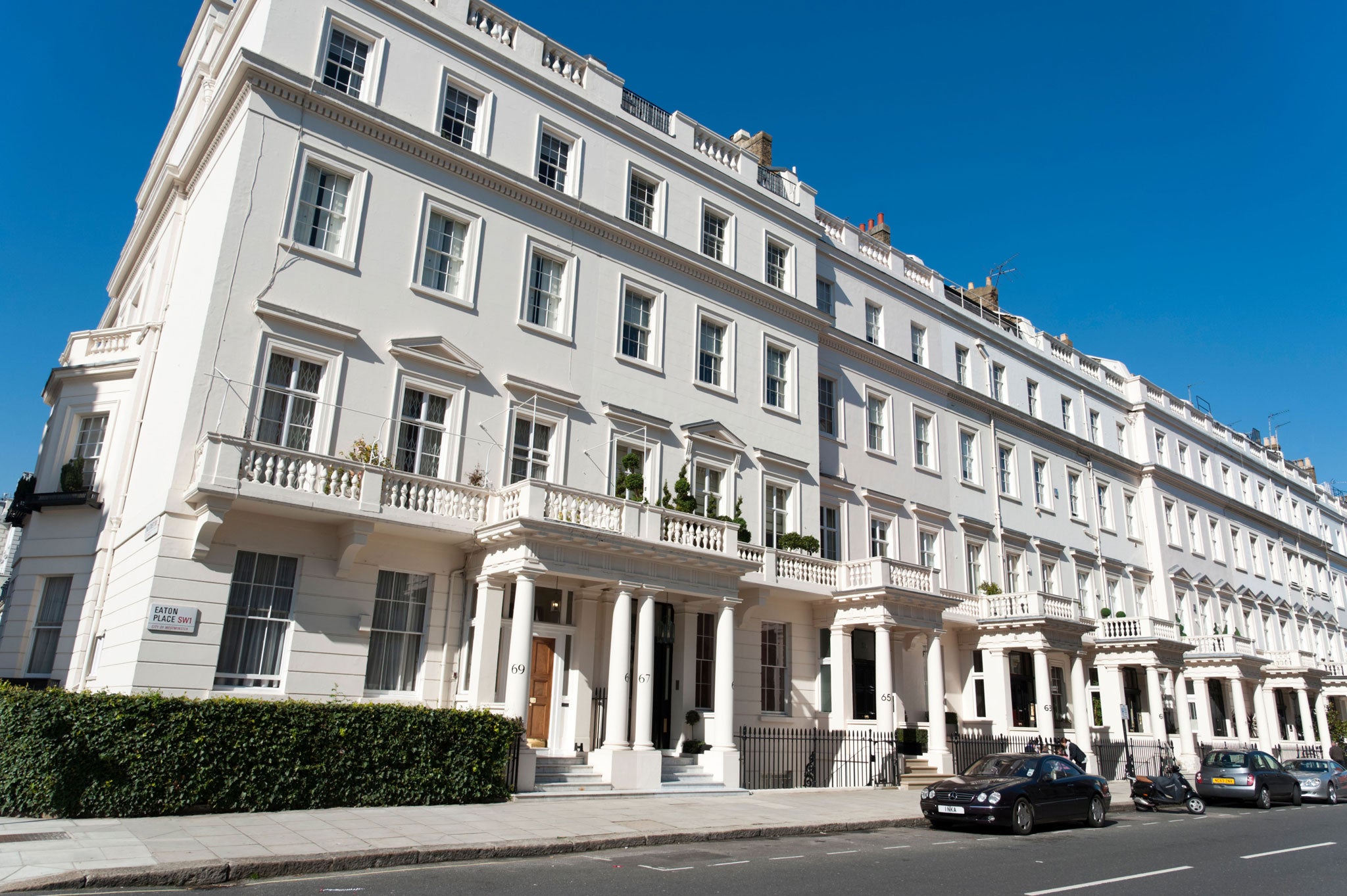A mansion tax is necessary and popular. Boris Johnson cannot dodge it any longer
Editorial: Fresh from an election, now is the time when a prime minister can make tough, but necessary, choices

The budget after an election is when an ambitious, reforming prime minister and chancellor should make tough decisions in the national interest that may incur short-term unpopularity.
Unfortunately, even before the coronavirus outbreak gave Boris Johnson the excuse to postpone difficult decisions, it seemed as though they were going to be ducked in this budget, to be delivered by an unusually pliant chancellor on Wednesday.
One of the causes of the dispute that cost Sajid Javid his job was the leaking of options for tax rises, including a mansion tax and a cut in relief on pension contributions. It would seem that whoever leaked them achieved their objective of frightening the prime minister away from such mildly redistributive measures.
As it is, it looks as if all plans for tax rises have been shelved until the “real” budget in the autumn, on grounds of the economic uncertainty caused by the coronavirus crisis. There is some logic in this, as we may need a short-term stimulus to minimise the effects of what looks likely to be a sharp global recession. But if Mr Johnson has indeed run away from the idea of a mansion tax, that is an opportunity badly missed.
As today’s BMG poll for The Independent suggests, heavier taxes on properties worth more than £1m are popular. This is a classic case of public opinion being aligned with sound economics. Homes worth more than the national average of £235,000 are undertaxed, both compared with other assets and with properties in other countries.
Not only that, but the council tax system uses valuations that are now 30 years old, which fail to take into account huge increases in prices especially at the top end.
The obstacle to reform has always been that any change would produce winners and losers, with the losers making more noise and threatening greater electoral retribution.
Which is why now would be a very good time to grasp the nettle, with the next election probably four years away. A truly reforming chancellor would take the chance not just to increase annual taxes on more expensive properties, but to shift the burden from stamp duty to a more progressive annual property tax. That would make it easier for people to move, allocating housing more efficiently and increasing labour mobility.
Sadly, it looks as if this chance will be missed again. Nor is it the only nettle left ungrasped. On Friday, Matt Hancock, the health secretary, confirmed that a solution to the social care crisis was as far away as it was 11 years ago, when his predecessor-but-three, Andy Burnham, was stopped from reforming the system by a Conservative attack on his “death tax”. But that was just before an election, not just after.
Reforming property taxes and solving the social care crisis are two of the biggest challenges facing the nation. If Mr Johnson and his ministers cannot even try to deal with them now, with the authority of a fresh electoral mandate behind them, it must be asked what they think they are in government for.
Join our commenting forum
Join thought-provoking conversations, follow other Independent readers and see their replies
Comments